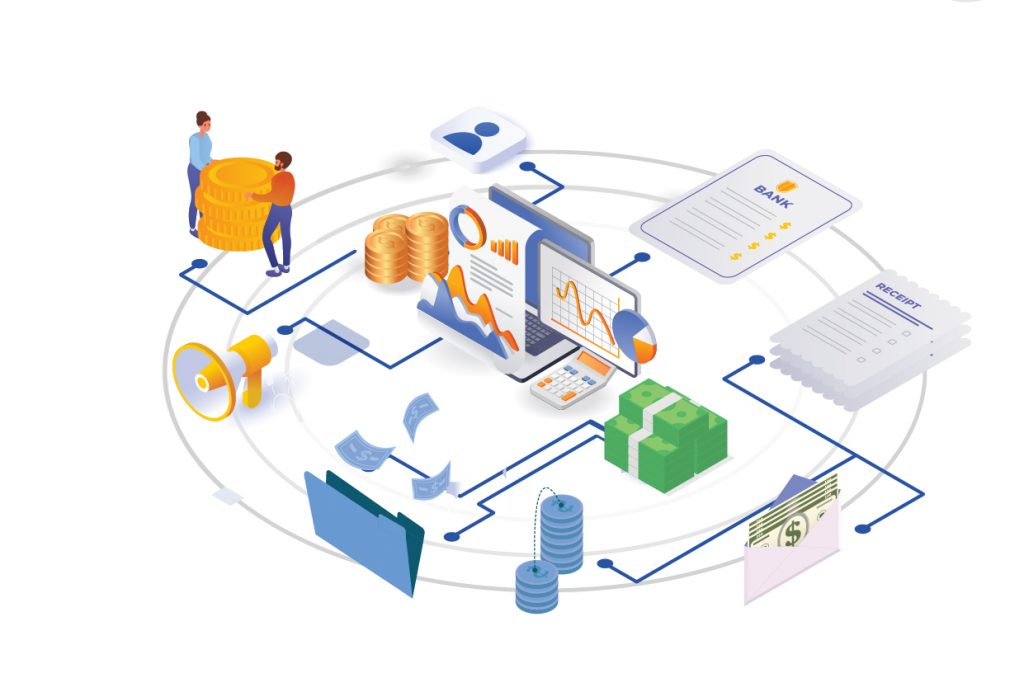ERP systems are essential
Why ERP systems are essential for Small and Medium Enterprises (SMEs)
Small and medium-sized businesses (SMBs) need every advantage to stay competitive. One tool that has proven to be a game-changer across industries is Enterprise Resource Planning (ERP). Though often associated with large corporations, ERP systems offer significant benefits for SMEs as well, allowing them to streamline operations, improve efficiency, and deliver better services to customers. This holds especially true for industries like internet service providers (ISPs) and Voice Over IP (VoIP) resellers, where the impact can be felt by both the provider and its customers.
How ERP works for SMEs
At its core, an ERP system integrates various business processes—finance, human resources, inventory management, sales, and more—into one unified platform. This means no more juggling multiple systems for different departments. ERP centralises data and provides a holistic view of the business, making it easier to track progress, analyse performance, and make informed decisions.
For small and medium businesses, this kind of integration is particularly valuable because:
- Improved efficiency: ERP reduces manual work and the likelihood of human error, helping small teams operate more effectively. With automated workflows and better access to data, SMEs can streamline everything from order processing to payroll.
- Scalability: As businesses grow, their operational complexity increases. ERP systems are designed to scale alongside the business, meaning SMEs don’t have to constantly upgrade their systems as they expand.
- Data-driven decisions: Access to real-time analytics gives SMEs the ability to track performance, forecast trends, and identify opportunities for growth. This leads to better decision-making, which is crucial for enterprises looking to compete with larger players.
ERP in ISPs
For ISPs, implementing an ERP system can revolutionize the way they operate. The telecommunications industry, known for its complexities—ranging from network management to customer service—can particularly benefit from the integration ERP offers.
Here are some ways ERP can positively impact ISPs:
- Streamlined service delivery: An ERP system helps ISPs manage their networks, inventory, and customer data seamlessly. For example, the system can track hardware such as modems and routers, making it easier to manage stock levels and ensure customers get their equipment quickly.
- Efficient customer support: ERPs can integrate with customer service tools, ensuring that all departments have a 360-degree view of the customer. From resolving technical issues to managing billing, ISPs can offer a more consistent and responsive experience to their customers. With better access to real-time customer data, support teams can resolve issues faster, leading to improved satisfaction and retention rates.
- Automated billing and payments: Managing recurring subscriptions can be a headache for ISPs. An ERP system automates billing processes, sends timely invoices, and integrates payment gateways, reducing errors and ensuring smooth cash flow. Customers can enjoy a hassle-free billing experience, with clear, accurate invoices and simple payment options.
- Performance monitoring: With an ERP, ISPs can easily track network performance and usage data. This is useful for anticipating upgrades, predicting demand, and offering customers tailored packages based on their consumption. For instance, if certain customers consistently exceed their data limit, the ISP can offer them higher-tier packages that better suit their needs.
- Regulatory compliance: As we know, telcos are heavily regulated, meaning ISPs need to comply with data security, privacy, and other legal requirements. ERP systems help ensure compliance by automating processes and maintaining detailed records that can be easily retrieved for audits.
Customer benefits
It’s not just the ISP that gains from an ERP system—customers do too. Here’s how:
- Faster issue resolution: With all customer data centralised in one system, customer service representatives can resolve issues faster and more accurately. No more bouncing between departments or multiple service tickets.
- Better service quality: As ISPs use ERP to monitor network performance, they can address issues before they impact customers. Downtime is reduced, and network reliability improves, which translates to a better experience for the end-user.
- Personalized offerings: ERP systems enable ISPs to track customer usage patterns, allowing them to offer tailored packages that suit individual or business needs. This creates a more personalized customer experience and makes it easier for users to find the best plan for their requirements.
- Seamless billing experience: With automated billing and payment options, customers enjoy a smooth, hassle-free experience. They can view and pay their bills online, set up recurring payments, and receive notifications—all of which make the customer experience more efficient.
Integrating VoIP with ERP: A Game-Changer for Communication
Incorporating VoIP into an ERP system takes efficiency to the next level by seamlessly integrating voice communications with all key business functions. For ISPs, this means that voice calls—whether for internal team collaboration or customer service—are automatically logged, tracked, and linked to other relevant processes such as billing, customer support, and sales. This integration provides a complete view of customer interactions in real time, ensuring that support teams have instant access to call records, enabling them to resolve issues faster and with more context.
Additionally, automated workflows can be triggered from VoIP calls, such as generating support tickets or updating customer records, further streamlining operations. For customers, the result is a more cohesive, responsive service, with faster resolution times and a personalized experience based on past interactions. For ISPs, this means fewer dropped calls, better call quality, and centralized communication management—all contributing to more efficient operations and a superior customer experience.
ERP systems are not just for large enterprises anymore. Small and medium businesses, especially ISPs, can benefit immensely from the streamlined operations, real-time data access, and improved customer service that ERP provides. By implementing an ERP system, ISPs can ensure they operate more efficiently, deliver better services, and foster stronger customer relationships. In a competitive industry where customer experience is king, investing in ERP could be the best decision an ISP makes.
Ends



